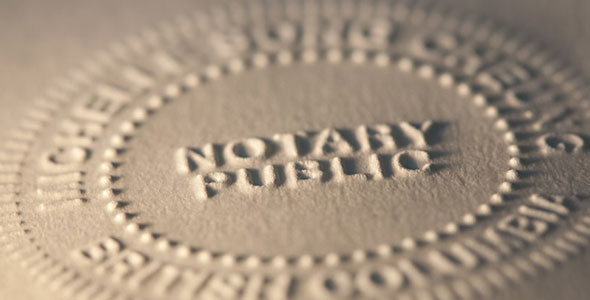Recognizing Apostille: Simplifying International Document Legalization
Recognizing Apostille: Simplifying International Document Legalization
Blog Article
Demystifying Notarial Job: Simplifying the Function and Relevance of Notaries
Their function, frequently shrouded in enigma for several, lugs considerable weight in guaranteeing the validity and honesty of vital documents. By unwinding the intricacies shedding and surrounding notarial methods light on the significance of their acts, a clearer understanding emerges of the essential duty notaries play in promoting the textile of contractual and legal agreements.
The Background of Notarial Job
The background of notarial job days back to ancient human beings, where scribes played a crucial function in videotaping crucial information and validating records. This led to the advancement of notaries, people appointed by the state to act as unbiased witnesses in legal matters.
During the Middle Ages, notaries obtained prominence in Europe, with their functions broadening to consist of composing legal files, accrediting signatures, and maintaining documents. The rise of worldwide trade additionally stressed the significance of notarial operate in confirming agreements and agreements across borders.
In the modern-day period, notaries continue to play a vital role in legal and service transactions by verifying identities, confirming the authenticity of files, and stopping scams. Their function in accrediting the validity of agreements adds a layer of safety and security and depend the ever-evolving landscape of business and legislation.

Obligations and Obligations of Notaries
The historical development of notarial work from old civilizations to the modern-day period has formed the distinct obligations and obligations that notaries support in lawful and service purchases today. Notaries play a vital duty in validating the credibility of documents and the identity of signatories. Among their key responsibilities is to witness the signing of crucial records, such as wills, acts, and contracts, to make certain that all celebrations are participating in arrangements purposefully and willingly. Notaries also verify that signatories are of sound mind and not under discomfort or browbeating.
Additionally, notaries are entrusted with administering affirmations and oaths, which are important in lawful proceedings and the execution of sworn statements. They license duplicates of initial documents, offering guarantee to establishments that the copies are true reproductions of the originals. Notaries have to maintain precise documents of all transactions they supervise to guarantee openness and accountability. Overall, the obligations and duties of notaries are crucial in securing the integrity and validity of different papers and purchases.
Notarial Certificates and Signatures
Exemplifying meticulous attention to information, notarial certifications and trademarks act as important elements in confirming the credibility of lawful files. Notarial certificates generally contain essential details such as the date of registration, the names of the notaries, a summary of the document, and the notary's official seal. These certificates provide a clear document of the notarial act, making sure that the paper can be quickly identified and mapped back to the notary who managed the process.
Trademarks play an essential function in notarial job, as they symbolize the contract and consent of the celebrations involved. Notaries thoroughly witness the signing of records to confirm the identity of the signatures and validate that they are authorizing of their very own totally free this post will. By fastening their official seal and trademark to the record, notaries license that the required procedures have actually been adhered to which the document is enforceable and legitimate.
Fundamentally, notarial certificates and signatures are the hallmark of credibility in legal deals, providing assurance to all events involved that the files are reputable and binding.
Value of Notarial Acts

Notarization Process Explained
The notarization procedure generally begins with the individual offering the document to a notary public. As soon as the identification is confirmed, the notary guarantees that the individual authorizing the paper does so willingly and without any threat.

Conclusion
Notarial certifications commonly contain vital details such as the date of registration, the names of the signatures, a description of the file, and the notary's main seal. These certifications offer a clear record of the notarial act, making certain that the file can be conveniently recognized and traced back to the notary that oversaw the process.
By attaching their official seal and signature to the record, notaries license that the required procedures have actually been adhered to and that the pop over here paper is valid and enforceable.
By validating the identification of the signatures, validating their willingness to enter right into the arrangement, and licensing the day and area of the finalizing, notaries play an essential function in supporting the validity of legal records.After the record is authorized, the notary will certainly fasten their main seal or stamp onto the record.
Report this page